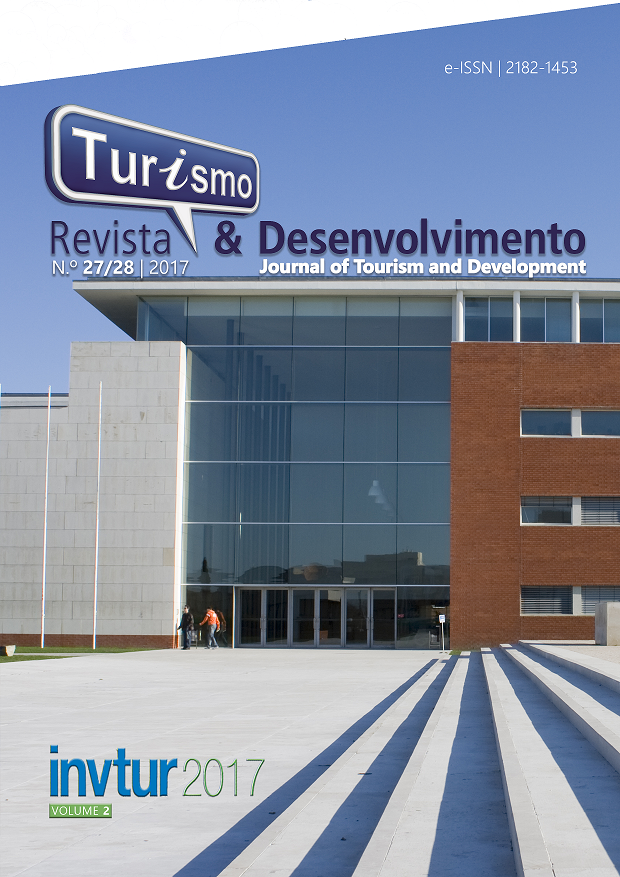Turismo e gastronomia: reflexões sobre o patrimônio imaterial alimentar em Minas Gerais, Brasil
Resumo
O surgimento de uma nova categoria de patrimônio, a imaterial, alterou as políticas dedicadas a esse setor e o entendimento e reflexão sobre o que pode ser considerado patrimônio. Nesse contexto, os saberes tradicionais passaram a integrar essa nova categoria e ganharam notoriedade enquanto atrativo turístico. Em Minas Gerais o saber fazer do Queijo Minas Artesanal foi reconhecido como patrimônio pelo IPHAN, esse reconhecimento tem auxiliado na conservação das técnicas tradicionais, na valorização dos produtos e produtores, e na atualização das legislações que regem esses produtos e na adequação por parte dos produtores. A partir da política de regionalização do turismo, através dos Circuitos Turísticos Oficiais do Estado de Minas Gerais, e o maior enfoque no desenvolvimento sustentável das comunidades detentoras dos saberes tradicionais, o turismo passou a abordar a culinária tradicional como um produto de grande destaque e valor. A característica dinâmica desses patrimônios e culturas alimentares é um grande desafio na sua apropriação enquanto produto turístico. Assim, o papel dos Circuitos regionalizados de turismo é possibilitar ao turista vivenciar a cultura e gastronomia local de forma sustentável, minimizando os impactos da atividade turística sobre esses saberes tradicionais.





